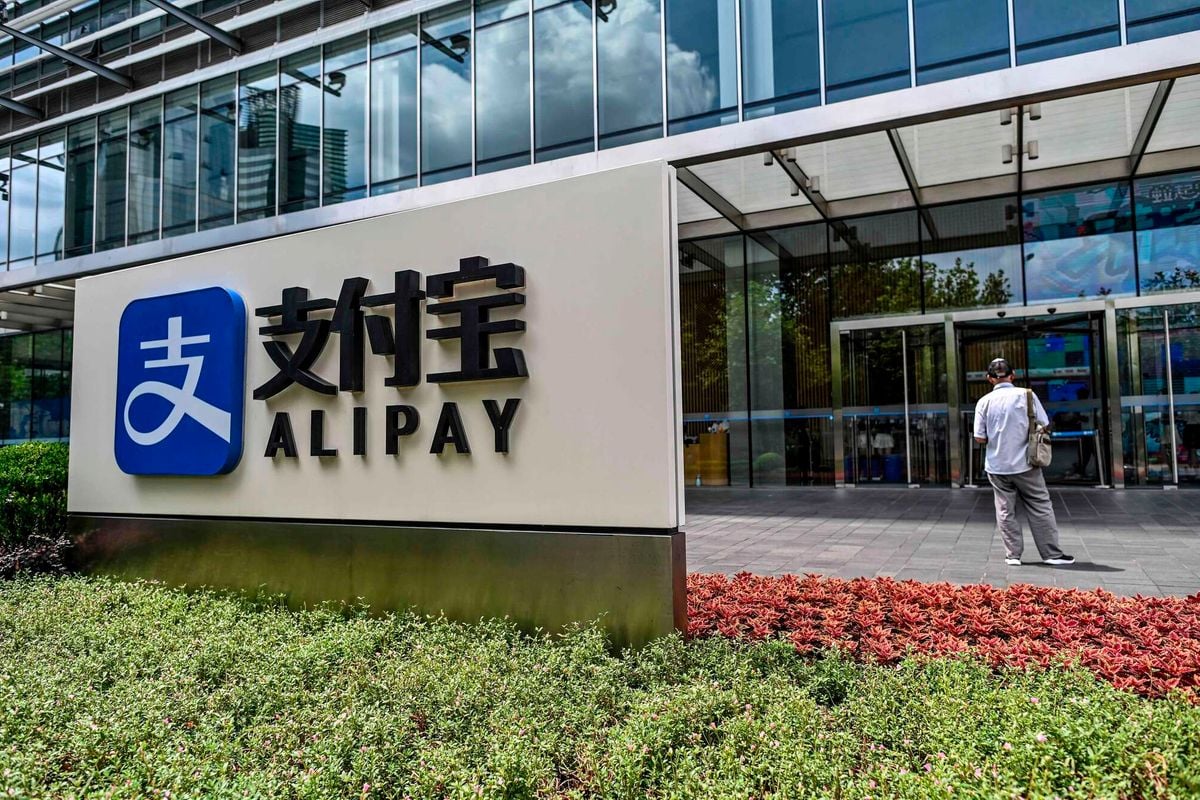
A cross-border payment platform focused on the Afro-Asian corridor is set to launch its system in Kenya, which would allow traders to pay for Chinese goods through the Alipay system affiliated to Jack Ma’s Chinese e-commerce giant Alibaba.
This is expected to free traders from the need to buy dollars to settle transactions with their Chinese counterparts, a win for China that would allow its yuan to replace the dollar as the global currency.
Pyxis, a financial technology company, said it was putting the finishing touches to the deal that would allow Kenyan traders to pay up to $70,000 (Sh9,037,000) on WeChat, China’s dominant social media and payment platform developed by Tencent Holdings Ltd.
“We are in the process of integrating with Alipay,” said April Long, Pyxis chief executive officer.
Alipay’s entry into the country’s payments ecosystem would be a major boost for traders importing goods from China, as there is no official way to send money in Chinese yuan (CNY) to a person in China.
“When you go into a bank, you first have to convert your Kenyan shillings into dollars,” Ms April said.
“You send US dollars, and I have to go ask my bank in China and say, ‘Convert my US Dollar into my CNY’,” she added.
Pyxis’ service is most likely to be used by Kenyan traders to pay for Chinese goods without using more expensive or slower banking options or traditional money transfer systems or services.
Safaricom, through its mobile payment platform M-Pesa, targets a link with Alipay. The AliPay M-Pesa product will be structured to allow for the transfer of funds from an M-Pesa customer to a beneficiary in China.
However, the Alipay M-Pesa service portal was unresponsive when tested by the Business Daily on Wednesday and the telco did not respond to an enquiry about its status.
Although imports from China have declined, the Asian nation remains Kenya’s largest trading partner.
Kenya imports mainly manufactured goods, electronics, cars and machinery from China. China is also an important source of raw materials for Kenya, particularly for its steel industry.
Ms April said the fintech has already created a platform that enables person-to-person transactions, allowing transactions between an individual in Kenya and another in China without using dollars.
The next step for the start-up is to launch a platform that will allow businesses to transact in a similar way.
Ms April was speaking at the 2024 China-Africa Digital Financial Inclusion Summit.
Dr Min Ji, Director of the Counsellor’s Office, People’s Bank of China, said China was pushing for greater use of the yuan and Kenya shilling for trade settlement.
Beijing has been trying to turn the yuan into a global currency capable of challenging the global hegemony of the US dollar.
In addition to trade, most of Kenya’s loans are in dollars, including Chinese loans.









